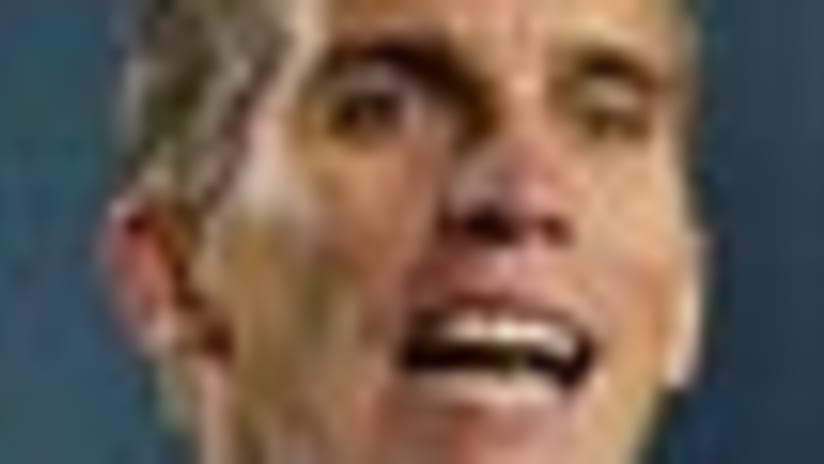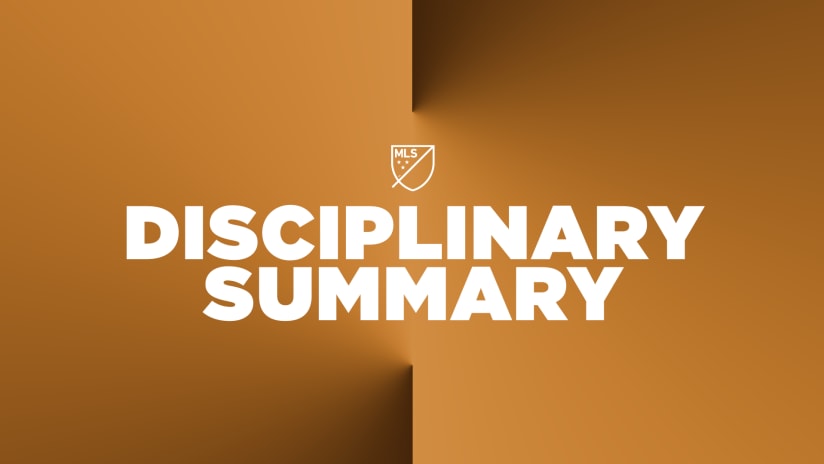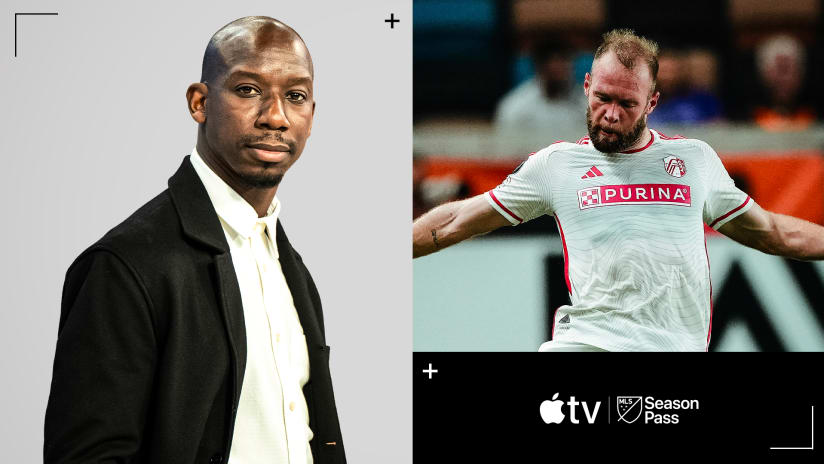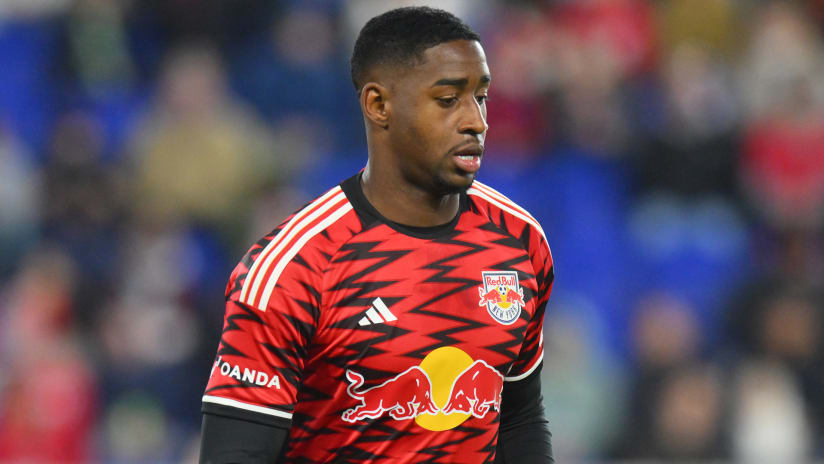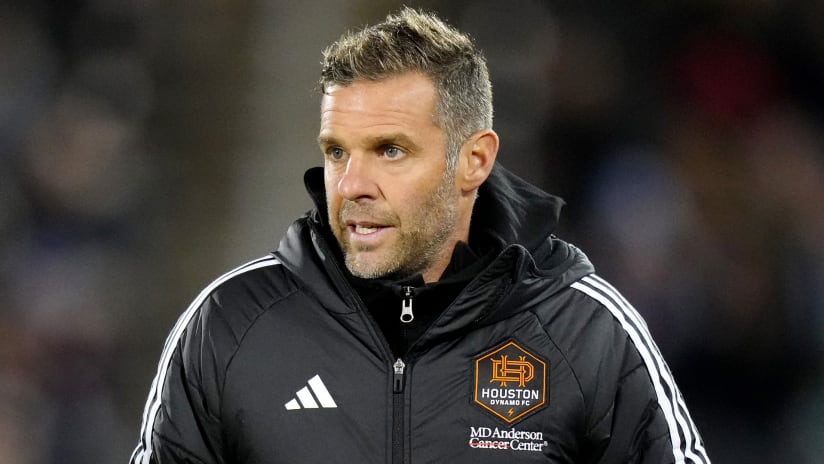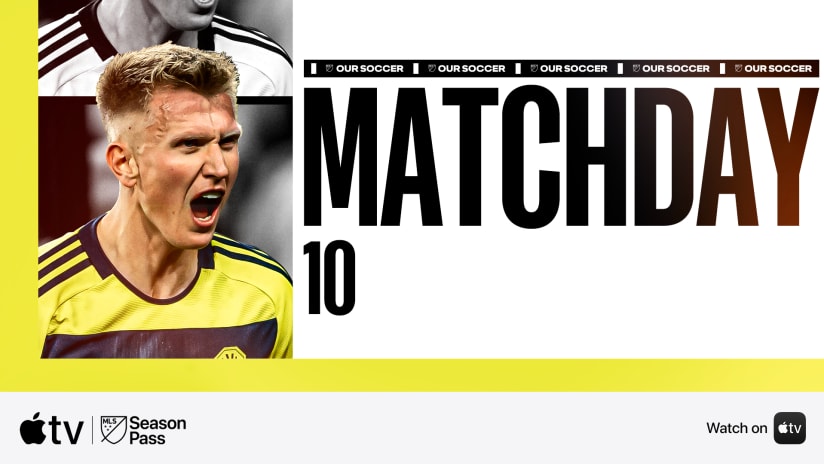He was known by many nicknames: The Pest, Wee Richie, the Pit Bull, the Ankle-Biting Midget Of Death. But without Richie Williams being a thorn in the side of the league's best playmakers, D.C. United's successes in the early days of Major League Soccer would not have been possible.
Short on stature but long on heart, Williams was one of the fiercest competitors to ever put on a United shirt. He is one of the most decorated players in American soccer history, having won national championships at the youth, collegiate, and USISL (now United Soccer Leagues) levels, as well as the U.S. Open Cup, before being drafted by United in the fourth round of the inaugural MLS draft. The move reunited Williams with Bruce Arena, his coach at University of Virginia, and Williams would go on to win six more trophies with United.
The irony of Richie Williams is that he wasn't the most technically skilled player on the field, but he was one of the most important. He wasn't a holding midfielder in the Patrick Vieira or Roy Keane mold, prowling the center of the field while making hard tackles and spraying passes all over the pitch. Williams was a pure defensive midfielder, staying behind the offense to break up attacks and provide the link between the defense and the offense.
He accomplished this by getting in the face (or in his case, chest) of the playmaker and using any means necessary to win the ball. At a time when the league featured Carlos Valderramma, Preki, Mauricio Cienfuegos and Peter Nowak, this was no ... um ... small feat.
Those battles with Cienfuegos, in particular, were legendary, and not just because Cienfuegos was the only player in the league shorter than Williams. In MLS Cup 1999, Williams completely shadowed the crafty Los Angeles Galaxy central midfielder and rendered him ineffective for much of the game. Although Ben Olsen won the MVP of that match for scoring United's second goal just before halftime, I've always felt that Williams' performance, which included a crucial clearance off the line in the first half, was the primary reason United won its third championship.
Williams didn't need to be a great passer or shooter to be effective. Instead, he relied on his field awareness and ability to read the game. When he won the ball, all he had to do was find the nearest open man and let him do the rest. And with teammates the caliber of Marco Etcheverry, Jeff Agoos, and John Harkes, Williams' simple game plan was able to thrive.
But that doesn't mean Williams didn't have his moments on offense. He was never afraid to step forward and launch a shot from outside the box in order to keep defenses honest. In his United career, he scored eight goals and 29 assists during the regular season, and added two goals and four assists in the playoffs.
Williams was also an exceptionally durable player, averaging 28 games per year in six seasons with United, and his 14,597 minutes rank among the highest in team history. Several of his absences were due to national team duty.
Like Carlos Llamosa and Jeff Agoos, Williams was also a casualty of the weekend leading up to the 2001 SuperDraft dealings that saw many favorite United players traded. Williams was sent to the MetroStars along with an allocation for goalkeeper Mike Ammann and the number 15 pick overall in the draft, with which United chose Bryan Namoff.
In the draft, United expected Ryan Nelsen to step into Williams' role as defensive midfielder. But midway through the season it became apparent that Nelsen's talents were best suited on the backline, and Williams was re-acquired by United in exchange for Brian Kamler for the 2002 season, where he played 26 games.
Shortly before Christmas 2002, Williams was sent again to the MetroStars as part of "The Trade." Williams, Eddie Pope and Jaime Moreno were sent to New Jersey in exchange for defender Mike Petke, an allocation (used to acquire Galin Ivanov), and the fifth overall pick in the 2003 SuperDraft (used to acquire David Stokes).
Williams was released by the MetroStars following the 2003 season, and he brought his career full circle by re-signing with the Richmond Kickers, where he stands tall as the captain. In the offseason, he serves as an assistant coach at the University of Virginia.
David Lifton is a contributor to dcunited.com. He is a member of the Screaming Eagles and longtime supporter of D.C. United.

